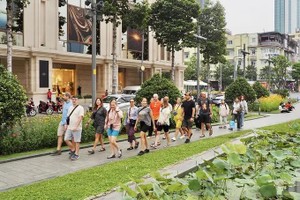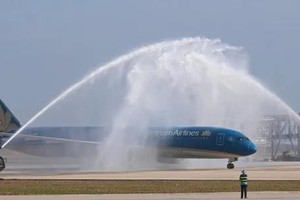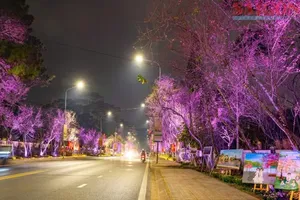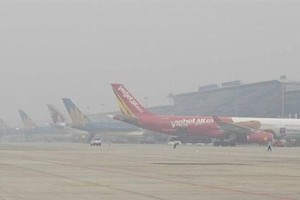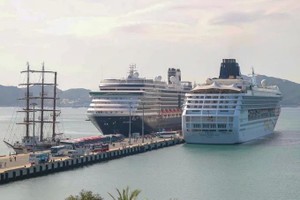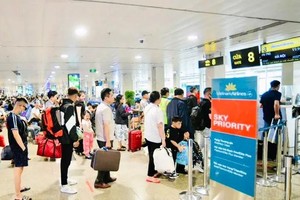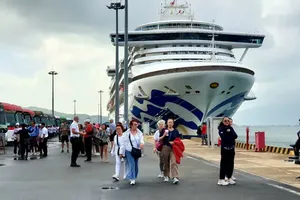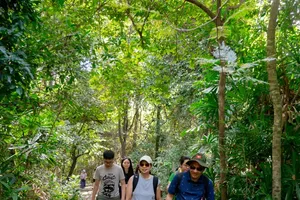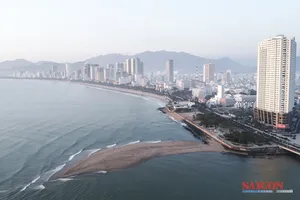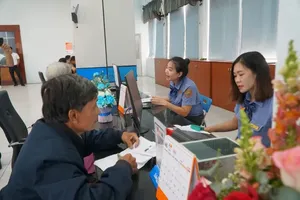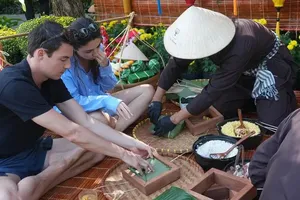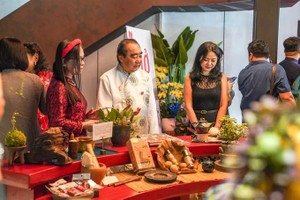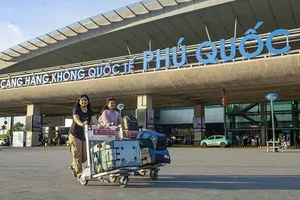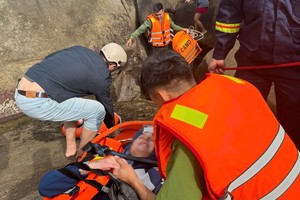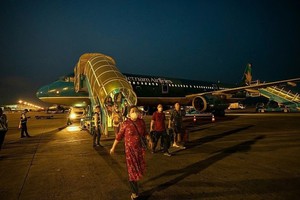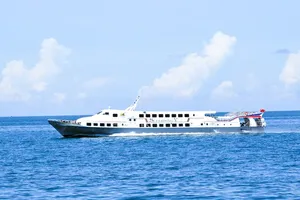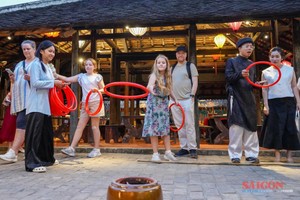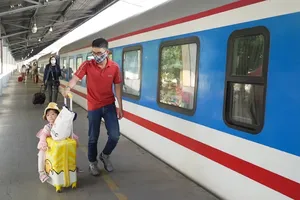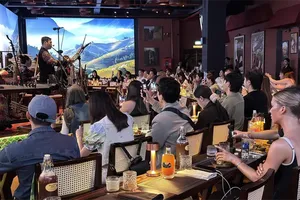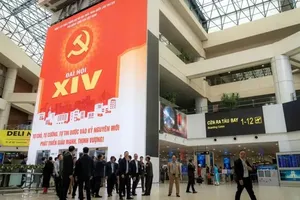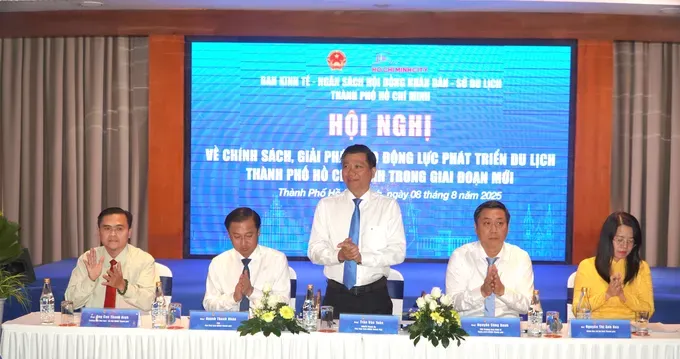
Attending the event organized by the Economic and Budget Committee under the Ho Chi Minh City People's Council, in coordination with the municipal Department of Tourism, were key officials, including Vice Chairmen of the Ho Chi Minh City People's Council, Tran Van Tuan and Huynh Thanh Nhan.
At the conference, delegates discussed several key issues, including fully leveraging the potential of rivers, seas, and islands in the Binh Duong and Ba Ria–Vung Tau regions; enhancing high-quality human resource training in Ho Chi Minh City; providing support for large groups of international visitors; offering partial funding for large-scale cultural and artistic performances; and reducing admission fees for historical sites managed by the city; preferential policies to attract investment in the tourism sector; tax incentives; and strategies for developing sustainable and eco-friendly tourism.
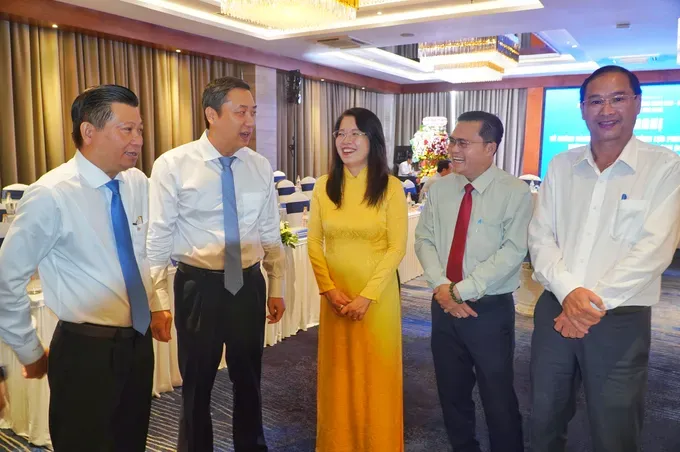
According to the Director of the Ho Chi Minh City Department of Tourism, Nguyen Thi Anh Hoa, the city is home to approximately 681 potential tourism assets, positioning it as a "cultural identity triangle" within the Southeast region.
In terms of tourism products, Ho Chi Minh City’s expanding spatial landscape presents favorable conditions for the immediate development of linked tourism routes from the city center to coastal destinations such as Ho Tram, Long Hai, Binh Chau, and Con Dao, as well as tours to craft villages, fruit orchards, and riverside eco-tourism zones.
Vice Chairman of the Ho Chi Minh City People's Council, Tran Van Tuan, emphasized that tourism is a key economic driver for the city. He stressed the need for effective policies and solutions, particularly in human resource development and the creation of distinctive tourism products, to foster sustainable growth in the sector.
Head of the Economic and Budget Committee, Nguyen Cong Danh, said that the city's total tourism revenue in July was estimated at VND22.368 trillion (US$853 million), a 45.6 percent increase compared to the same period in 2024. Cumulatively, for the first seven months of 2025, tourism revenue exceeded VND140.305 trillion (US$5.35 billion), representing a nearly 30 percent year-on-year increase and reaching around 54 percent of the city's full-year target.
In July alone, international arrivals were estimated at 695,930, marking a 75.3 percent increase year-on-year. The cumulative figure for the first seven months reached 4,552,464 international visitors, or 53.6 percent of the yearly target.
Domestic tourist arrivals in July were estimated at 3,389,721, up 15 percent year-on-year. The seven-month cumulative figure stood at 21,723,330 domestic visitors, reaching 48.3 percent of the annual target.
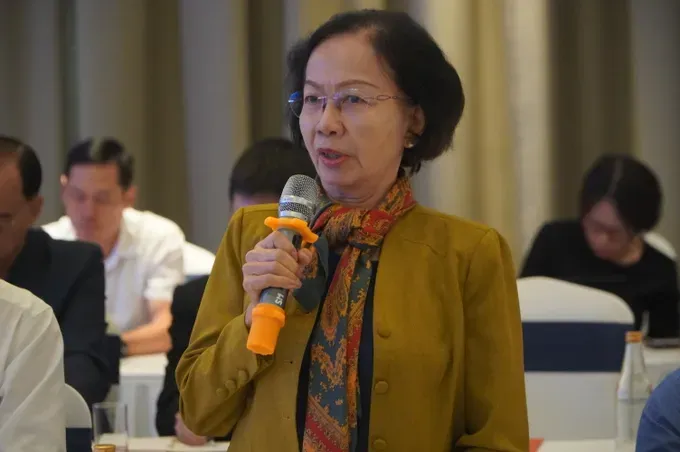
Chairwoman of the Ho Chi Minh City Tourism Association, Nguyen Thi Khanh, stated that the emergence of Ho Chi Minh City, Binh Duong, and Ba Ria–Vung Tau marks a turning point for the city's tourism development.
She emphasized that this regional unification creates a highly attractive environment for investment across all sectors, with tourism standing out as a key area of opportunity.
To effectively implement the city’s tourism development plans through the end of the year and into the coming years, she stressed the importance of proactive engagement across all sectors, particularly the need to prioritize investment in human resource development for the tourism industry across the three regions.
She also emphasized the need to develop specialized tourism products that leverage the region's coastal tourism resources, cultural and historical heritage sites, traditional craft villages, and the extensive network of golf courses in the former provinces of Ba Ria–Vung Tau and Binh Duong.
In particular, the integration of Ba Ria–Vung Tau into the newly expanded Ho Chi Minh City provides an opportunity to enhance connectivity across localities, which is expected to increase the average length of stay for visitors. At the same time, the city should accelerate the development of MICE tourism and cruise tourism associated with advantages in infrastructure and deep-water ports.
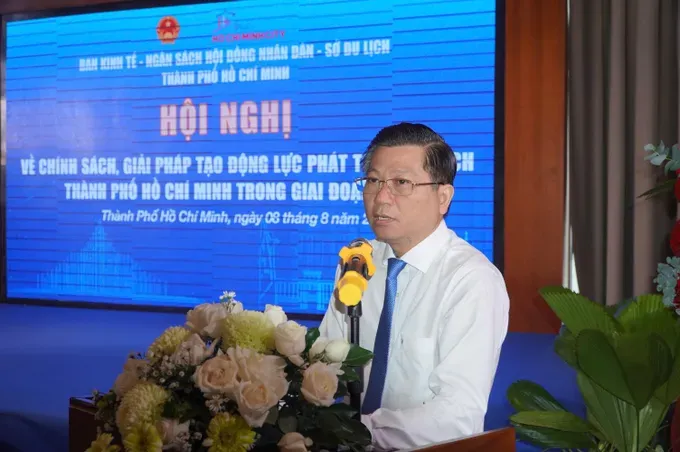
In his conclusion, Vice Chairman of the Ho Chi Minh City People’s Council, Tran Van Tuan, said that over the years, the tourism sector has affirmed its vital role and made significant contributions to the city’s economy, particularly in promoting the image of a dynamic, creative, and welcoming Ho Chi Minh City. The city will develop supportive mechanisms to encourage participation from citizens and businesses, aiming to create a shared driving force for tourism development.
